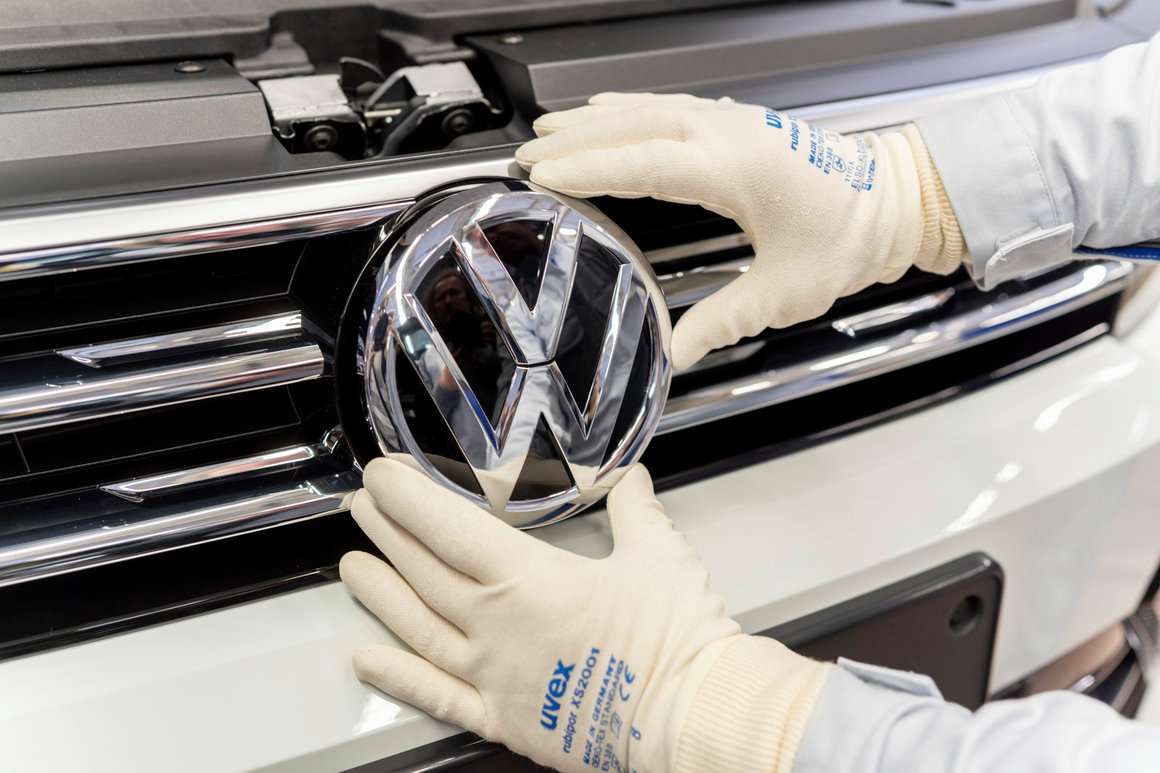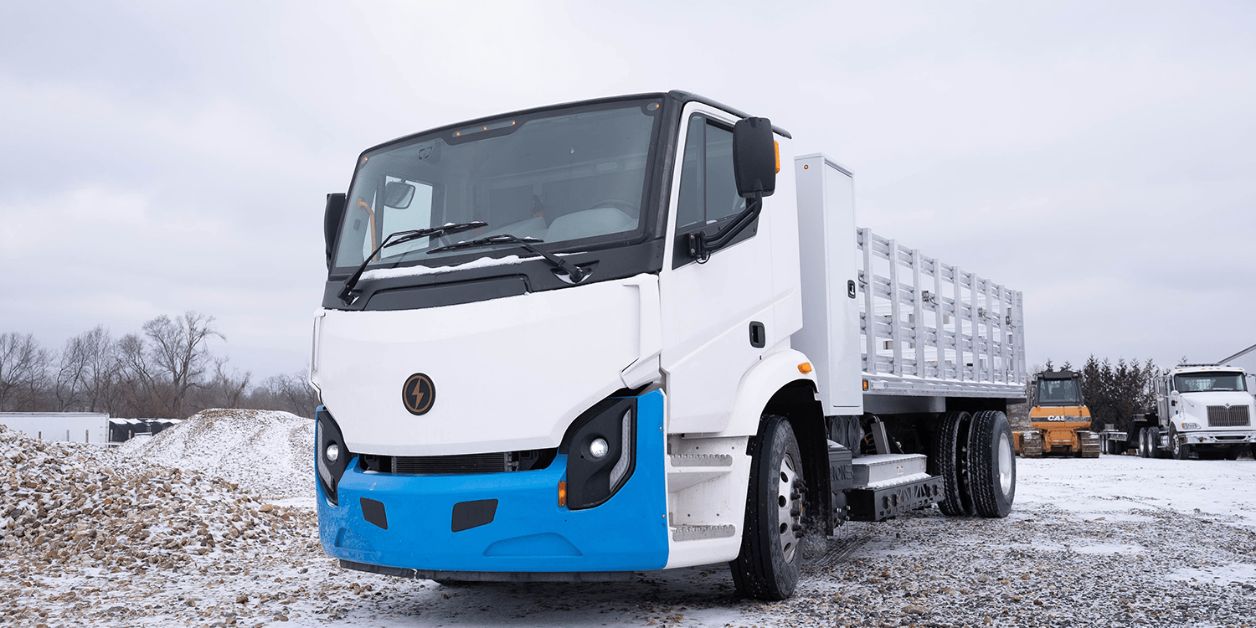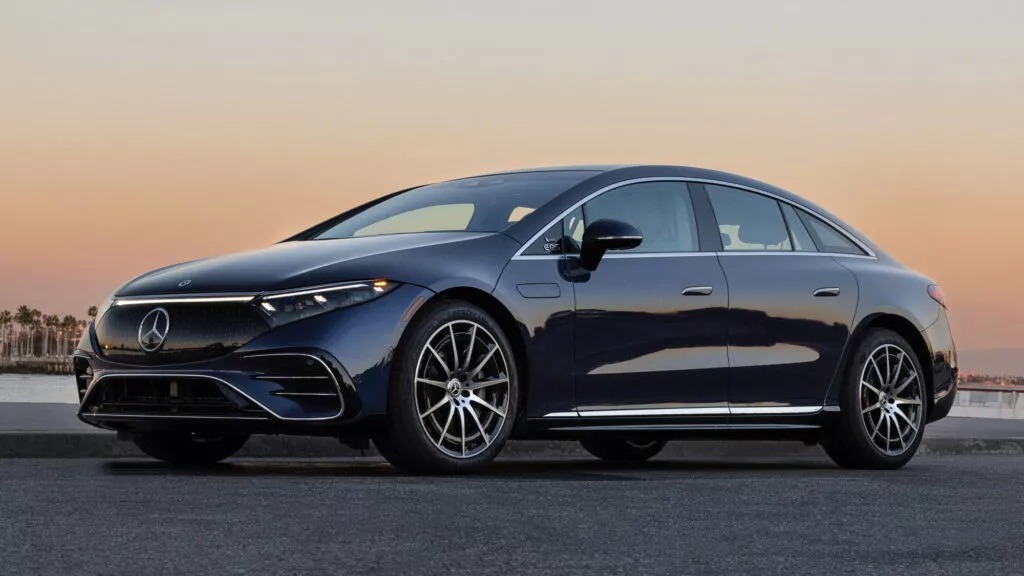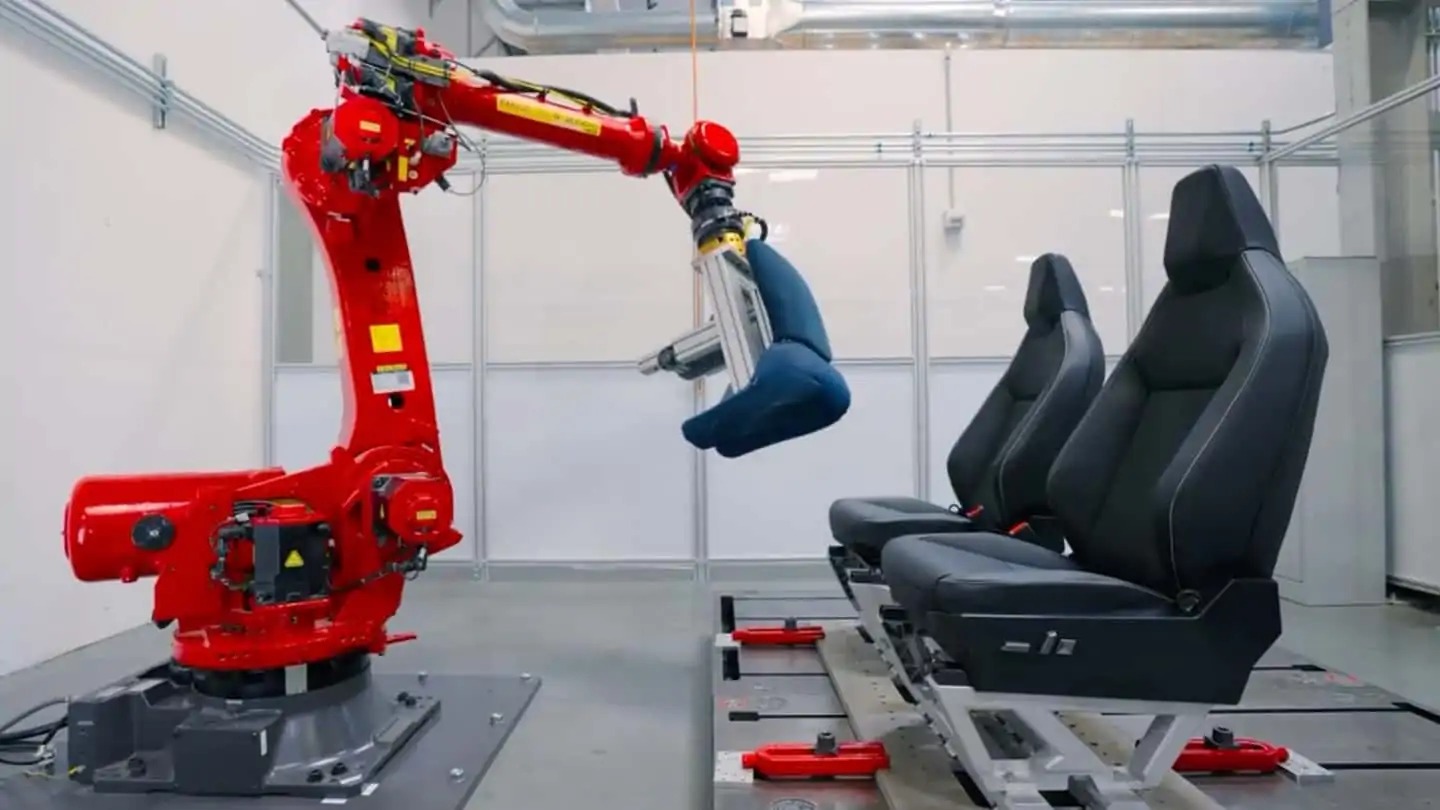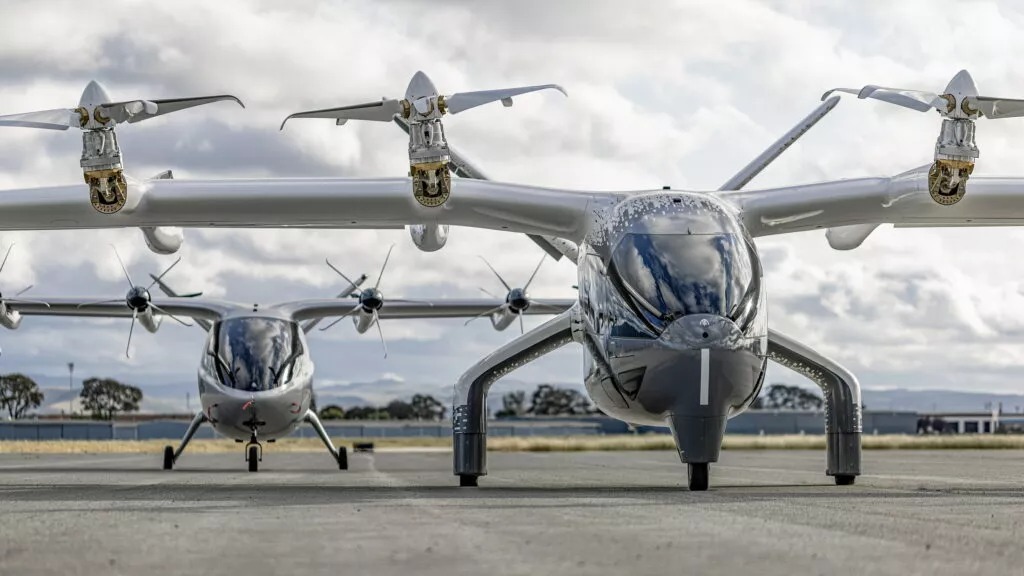German automaker Volkswagen has announced significant progress in its research efforts at the US innovation center located in Tennessee. The company’s team of developers is focused on enhancing the range of electric vehicles through advancements in materials and the further exploration of inductive charging.
The research projects, which are deemed highly relevant, are taking place at the Knoxville Innovation Hub, operated by Volkswagen Group of America. This facility, in collaboration with esteemed institutions such as the University of Tennessee and the Oak Ridge National Laboratory of the US Department of Energy, is set to open its doors in 2020. Knoxville has emerged as a hub for applied materials science, prompting Volkswagen to dub the surrounding region as “Materials Valley” due to its abundance of research institutions.
In a recent press release, Volkswagen provided insights into the remarkable progress achieved thus far, particularly in the field of e-mobility. The company’s researchers are diligently working on innovative material structures aimed at reducing vehicle weight, ultimately resulting in increased electric car range. One noteworthy pilot project entails the development of an alternative to the traditional steel frames that house and protect electric vehicle batteries from physical impact.
Leveraging the power of artificial intelligence, the Volkswagen team in the United States has successfully created a modular, repeating structure composed of liquid resins formed into minuscule pyramids. This unique structure, which can be 3D printed, exhibits an astonishing strength-to-weight ratio, capable of withstanding 30,000 times its own weight. According to Volkswagen, the implementation of this new frame design could potentially reduce weight by up to 60% compared to conventional steel frames. Rigorous durability tests have demonstrated that this lightweight structure surpasses traditional steel frames in energy absorption, providing an ultra-robust yet lightweight alternative. Additionally, scientists in Knoxville are working on the development of new fiber composites for various vehicle components, including the tailgate, with the goal of further weight reduction.
Volkswagen’s US innovation center is also dedicated to advancing inductive, static charging technology. The company has patented a coil and charging pad design incorporating silicon carbide materials. Initial tests with a silicon carbide inverter have yielded highly efficient results, with the prototype system achieving significant charging power levels. Through collaborations with the Oak Ridge National Laboratory, renowned for its expertise in high-power wireless charging, and the University of Tennessee, well-versed in power electronics optimization, Volkswagen’s research team has successfully increased the charging power level to 120 kW in this prototype, surpassing the earlier 6.6 kW prototype. The team’s future objective is to achieve an impressive 300 kW charging power level.
The dedicated researchers in Knoxville are actively engaged with all brands under the Volkswagen Group umbrella, including Audi, Bentley, Lamborghini, Porsche, and VW. Moreover, the innovation center in Tennessee is closely connected with other Volkswagen facilities within its global innovation ecosystem. This network includes innovation centers in Belmont, California; Wolfsburg and Beijing; and hubs in Singapore, Tel Aviv, and Tokyo.

